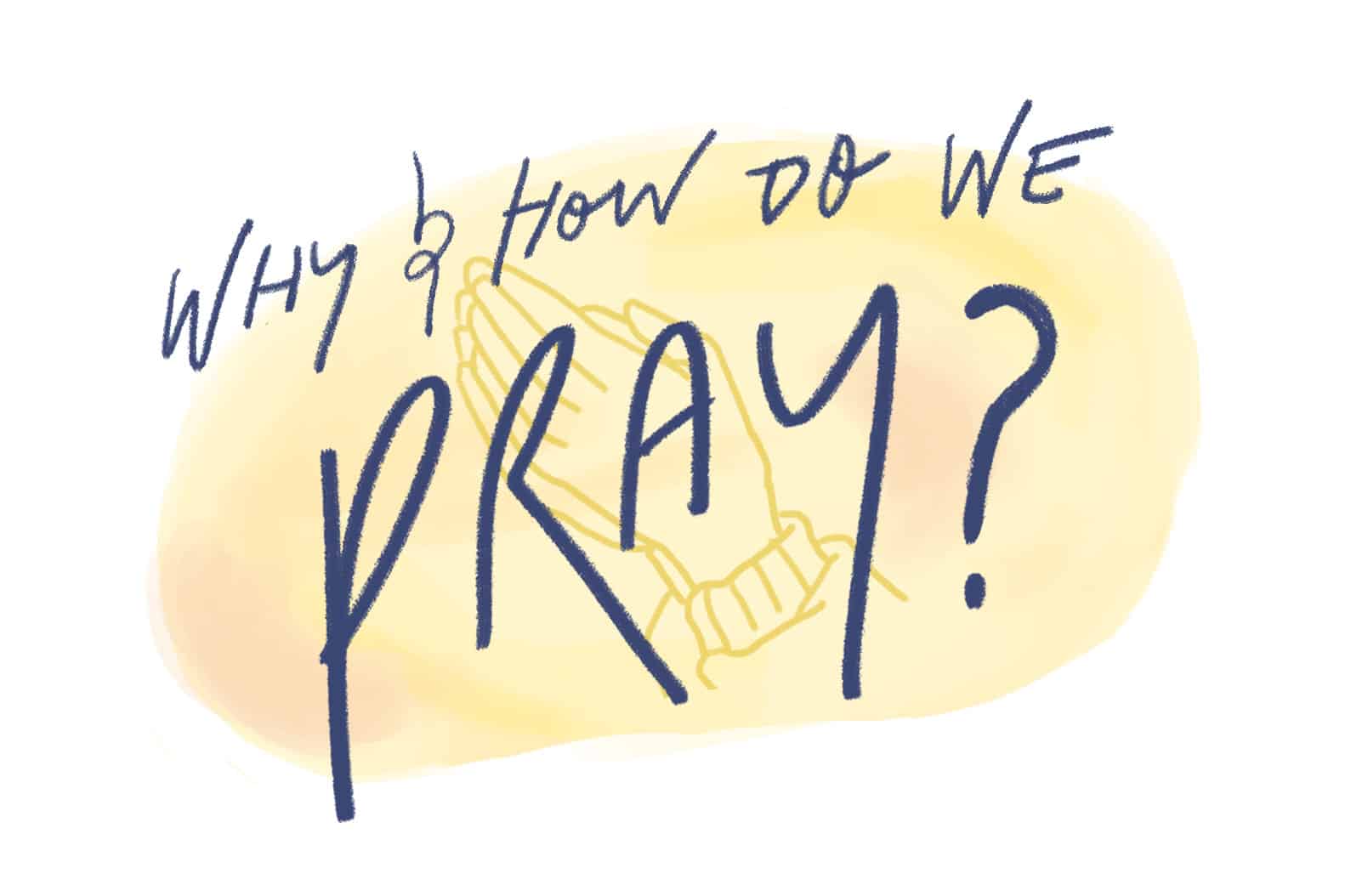
Photo by Greg Weaver on Unsplash
Christmas is a season of giving and receiving.
Most of us spend time and thought in planning what and whom to give. I suspect not too many of us ponder on the gifts we receive and the people who may have carefully planned a special gift for us.
The material gift is human, but a blessing is spiritual, and only God can actualise a blessing.
Quite naturally, we consider gift-giving an obligation to oil the social machinery of human relationships. We give to people we consider important to us, in whatever ways.
While we hope the people we give gifts to will notice us (or at least our gifts), and perhaps return our regard for them, there are those who yearn we will do the same to them.
We would be more conscious of the people who consider they have a relationship with us if we would be gracious recipients of their gifts.
How then do I express the grace of receiving?
Appreciate the thought
Firstly, we need to be grateful. We need to thank the giver, who is reflecting God’s generous nature in giving us a gift.
We are regarded as important to the giver, for whatever reasons. The gift, then, becomes symbolic. It is an indication of someone’s desire to bless us.
We have to ponder the depth of Paul’s awe as he writes: “Thanks be to God for His indescribable gift!”
In receiving the gift, we are accepting a blessing. That, in turn, connects us to God. The material gift is human, but a blessing is spiritual, and only God can actualise a blessing.
The gift symbolises the blessing of the embrace of love, the assurance of acceptance, the promise of continued relationship, and the acknowledgement of the significance of my role and place in the giver’s life.
To receive the gift graciously is to be profoundly thankful to God and to the giver for the blessings symbolised by the gift.
The deeper the significance of the gift, the more intense is the gratitude. We have to ponder the depth of Paul’s awe as he writes rather plainly: “Thanks be to God for His indescribable gift!” (2 Corinthians 9:15)
Accept the gesture
Secondly, we need to use it. Nothing offends quite like rejection. If we condescendingly refuse a gift because it’s “not my kind of gift”, we may unwittingly reject the giver – especially when the giver has expended great effort and cost in procuring the gift.
Gracious recipients honour givers by using the gifts given to them.
We feel gratified when the watch we gave as a gift is worn, or when the clothing we gave adorns the recipient on an important occasion.
Somehow, we feel a warm sense of acceptance when our gifts are utilised, maybe even a strange sense of pride at the connection between the giver and the recipient.
It is even better when the gift is publicly appreciated by the recipient.
However, when the gift is ignored or laid aside, there is a sense the giver is not appreciated or adequately regarded by the recipient.
Gracious recipients honour givers by using the gifts given to them.
Although he referred to food, Paul’s injunction to Timothy holds true for all God’s gifts: “Everything God created is good, and nothing is to be rejected if it is received with thanksgiving.” (1 Timothy 4:4)
Add to it
Thirdly, we can share it. When a shareable gift is shared, there is a multiplying effect.
When the little boy’s bread and fish meal was shared, the blessing was multiplied five thousand times! (Matthew 14:13-21)
If we share a blessing, we are giving witness to the power of God.
In sharing a gift, the focus tends to be on Jesus, who gets the glory!
Sharing is a means of publicising or witnessing. If we share a blessing, we are giving witness to the power of God. It is a public declaration of the worth of the gift, which in turn reflects on the heart of the giver.
Of course, not all gifts can be shared. Some gifts are intensely personal and can only be used by the recipient.
But when a personal gift is significant to us, it can make us better people, and in so doing, we “add” to the gift.
What we cannot multiply, we can “add to”. When that happens, we become gracious recipients.
This Christmas, we may want to spend Boxing Day reflecting on the relationships symbolised by the gifts we receive.
We may want to delay rushing to the store to change the size or colour of our gifts, and ponder on the meaning and significance of the treasures.
Let God’s people be marked by the grace of receiving.
That will open the door of our hearts to grace and love, which are at the heart of Christmas.
Let God’s people be marked by the grace of receiving.
“He came to His own people, but they didn’t want Him.
“But whoever did want Him, who believed He was who He claimed and would do what He said, He made to be their true selves, their child-of-God selves …
“The Word became flesh and blood, and moved into the neighbourhood.
“We saw the glory with our own eyes, the one-of-a-kind glory, like Father, like Son, generous inside and out, true from start to finish.” (John 1:11-12, 14, MSG)
This article is an excerpt from Ponderings En Route (Singapore, Eagles Communications, 2018) and is republished with permission. The book is available for purchase here.
Reflection and Discussion
- What was one of the most special gifts you have received? Pause and take a few minutes to reflect on, and thank God for, the giver and the relationship you have.
- Consider how you may share and “add to” the gifts you have and will receive this season. Here are some of Salt&Light‘s suggestions!
- “The Word became flesh and blood …” (John 1:11-12, MSG) Jesus is the greatest Gift we can ever give. Take one step towards sharing this Gift with someone who needs Him: Pray. Allow God, the Giver of all good gifts, to guide you in the next steps to take and then follow His lead.
We are an independent, non-profit organisation that relies on the generosity of our readers, such as yourself, to continue serving the kingdom. Every dollar donated goes directly back into our editorial coverage.
Would you consider partnering with us in our kingdom work by supporting us financially, either as a one-off donation, or a recurring pledge?
Support Salt&Light




